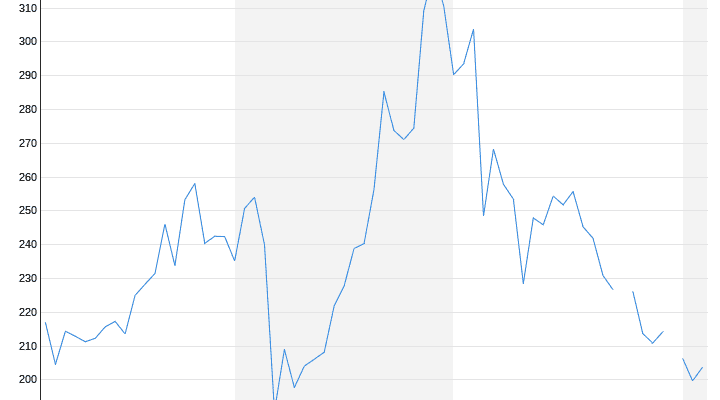Wednesday, January 05, 2022
Renewed cooperation with Pfizer
Biontech is researching mRNA vaccine against shingles
One in three Americans will develop shingles at some point in their life. Biontech and Pfizer want to remedy this with an mRNA vaccine. To this end, the two pharmaceutical companies are investing sums of the millions.
Pharmaceutical companies Biontech and Pfizer are working together to develop what is potentially the first mRNA-based vaccine for the prevention of shingles. As part of the agreement, Mainz-based Biontech SE will receive advance payments from Pfizer of USD 225 million, the companies announced. The sum consists of a cash payment of $ 75 million and an equity investment of $ 150 million.
Biontech is also eligible for future approval and sales milestone payments totaling up to $ 200 million. Pfizer receives $ 25 million from Biontech for proprietary antigen technology.
The clinical studies are scheduled to begin in the second half of 2022. The two companies shared the development costs as well as the gross profits from future product sales. Pfizer has the right to commercialize the potential vaccine worldwide, with the exception of Germany, Turkey and certain developing countries where Biontech will own the commercialization rights.
Higher effectiveness and better tolerance
Shingles (herpes zoster virus) is a debilitating, disfiguring, and painful condition that about one in three Americans will develop at some point in their life. A fluctuation in the immunity situation, for example in the case of severe illness or stress, promotes a renewed infection with the virus, which manifests itself among other things as a painful rash. Shingles vaccines are already on the market. However, the two partners expect an mRNA-based vaccine to be more effective and better tolerated.
Pfizer and Biontech started a collaboration to develop a flu vaccine back in 2018. The joint development of the Covid-19 vaccine, which is also mRNA-based, followed in 2020. The so-called messenger RNA (mRNA) uses the human body’s messaging system to transform cells in factories to fight disease. The messenger RNA instructs cells to make proteins that are needed for almost all human functions. In the new vaccines, laboratory-made mRNA is smuggled into human cells to produce viral proteins that ultimately trigger an immune response.
